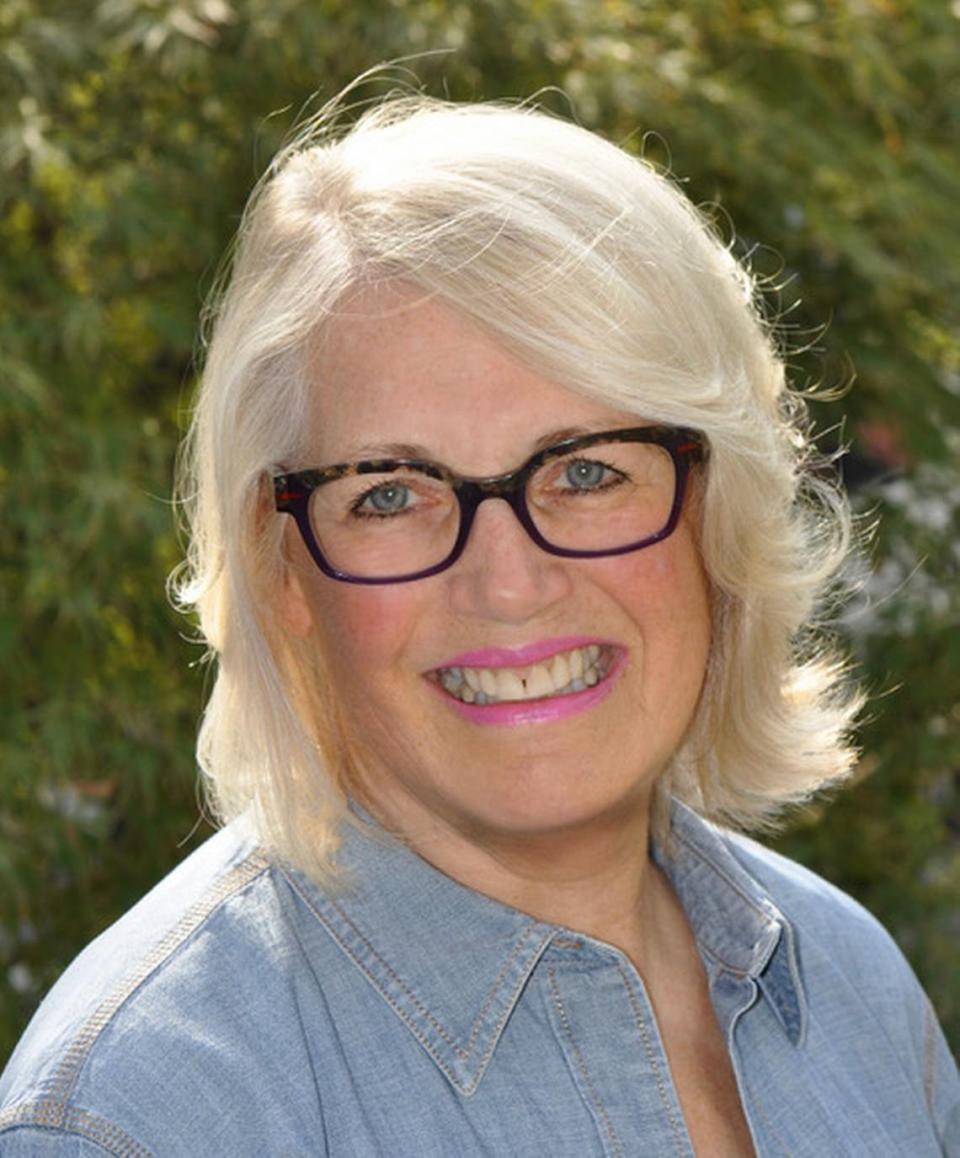Move by Raleigh City Council to postpone elections was a power grab
Welcome to NC Voices, where leaders, readers and experts from across North Carolina can speak on issues affecting our communities. Send submissions of 300 words or fewer to opinion@newsobserver.com.
A power grab by Raleigh leaders
At a recent work session, the Raleigh City Council announced a self-serving and unprecedented power grab to remain in office for an extra year.
With no public engagement and no public vote, they unilaterally announced delaying elections until November 2022 and eliminating the option for a runoff.
Because of U.S. Census delays, most N.C. municipalities can’t hold valid elections this fall. The solution was to move them to March 2022 when statewide primary elections are on the calendar. However, now the City Council has concerns about a March date and wants to delay the election until November 2022.
Ostensibly their concern is that primaries might get further delayed, potentially leaving Raleigh to fund the next election on its own. There is no reason to believe statewide primaries would move to May, but if they did, Raleigh’s election could be tied to the date of the primaries. And if there is a desire to move elections to November of even-numbered years, the delayed election could be held this spring and the next one in November 2024.
The Council majority has also decreed that future elections will be decided by plurality vote rather than by runoffs. Currently in a race with more than two candidates, the winner must take “50% plus 1” of the vote; if not, the closest challenger has the right to call for a runoff. Under the new rules, a candidate could take office with much less than a majority of the vote.
In the 2019 election, three candidates could have called for runoff elections, but none did. In 2017, mayoral candidate Charles Francis called for a runoff but ultimately lost. In 2001 Charles Meeker won his runoff election to oust incumbent Mayor Paul Coble. Do we really want to eliminate the option for runoffs?
Raleigh residents should be concerned about this self-serving power grab. Livable Raleigh is doing all it can to fight it.
Susan Maruyama
Chair, Livable Raleigh
Stef Mendell,
Co-chair Livable Raleigh


NC surcharge on EVs is unfair
Drivers of electric vehicles may have felt a bit smug recently as owners of traditional cars scrambled to find fuel during the gas shortage related to the Colonial Pipeline cyberattack.
But sadly, North Carolina is one of the few states that punishes EV ownership rather than incentivize it. All of us who own EVs are undoubtedly surprised when we register our vehicle in North Carolina and have to pay a surcharge of $130 — assessed annually.
Some might argue that EVs don’t contribute to state infrastructure improvements through fuel taxes, which raises the issue of how EV drivers can pay their fair share. But a little math shows a huge discrepancy. My 2013 Nissan Leaf has a range of 80 miles, and no EV owner wants to consistently end trips with less than 15 miles left in the battery. So, many EVs are just used for short trips.
From 2016-2020, we drove our EV an average of 5,160 miles annually. Dividing the $130 registration surcharge by those miles equals 2.5 cents per mile. The gas tax on a gallon of fuel is 36.1 cents. Simple division shows that we are paying the same “fuel taxes” as a vehicle that gets 14 miles per gallon. We drive an EV, not an RV!
Some EVs have longer ranges, and driving habits vary. But a one-size-fits-all registration surcharge on EVs is clearly unfair and unwise.
Other options include taxing electricity that is used to charge EVs, and some states are exploring self-reporting of annual mileage. In North Carolina, where we require annual inspections, reporting the mileage to a centralized system to determine an EV mileage tax would be trivial.
Experimenting with these options would be much better policy to position ourselves for a time when, hopefully, we won’t be so dependent on the Colonial Pipeline.
Jason Delborne, Raleigh


